
Grades:
9th Grade, 10th Grade, 11th Grade, 12th Grade
Using the Introduction to Hydroponics lab, introduce students to the features of the Hydroponic Systems. Students will explore the different types of grow mediums and grow lights used in the systems

Grades:
2nd Grade, 3rd Grade, 4th Grade, 5th Grade, 6th Grade
Students will create their own cut-out stop motion animation videos using the iMotion app. Students will learn about stop motion animation, plan and create a storyboard, and then actually engineer the
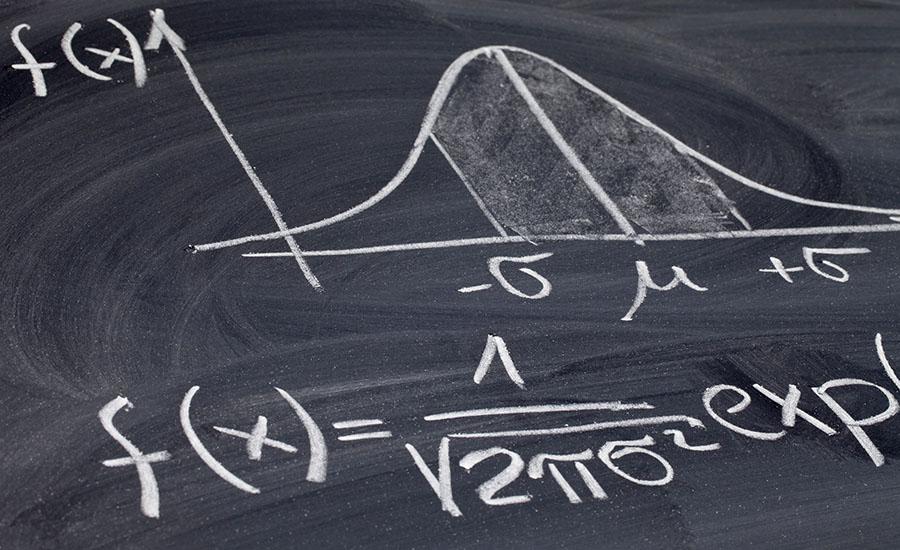
Grades:
9th Grade, 10th Grade, 11th Grade, 12th Grade
This lesson uses a Modeling Instruction approach to developing the graphical and mathematical relationship commonly known as Newton's 2nd Law for students in Grades 9-12. Students design an experiment
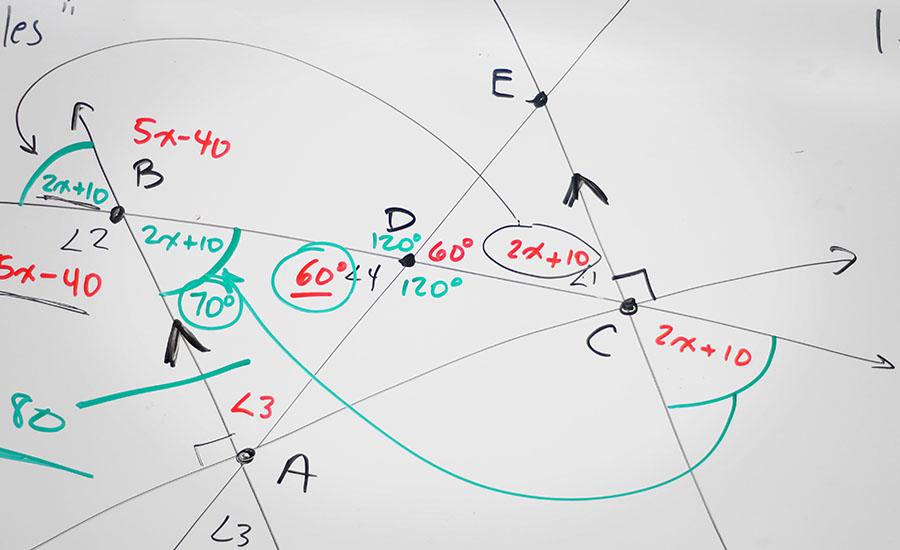
Grades:
10th Grade, 11th Grade
This is a two day lesson plan where a local contractor comes in and presents on building roofs and on snow load code.The second day is an activity where the students test out different slopes and

Grades:
7th Grade
Students in this lesson will be recording weather data for the city that each student has chosen for 2-3 weeks. Students will be able to record and analyze weather patterns for a selected city

Grades:
8th Grade
In this lesson students will gather data about local tree diameters. They will then estimate the approximate age of trees. Students build connections between a tree’s growth and environmental factors

Grades:
8th Grade, 9th Grade, 10th Grade
In this lesson, students will be introduced to the concept of osmosis, then investigate how solutions of various salt concentrations influence the size of plant cells.
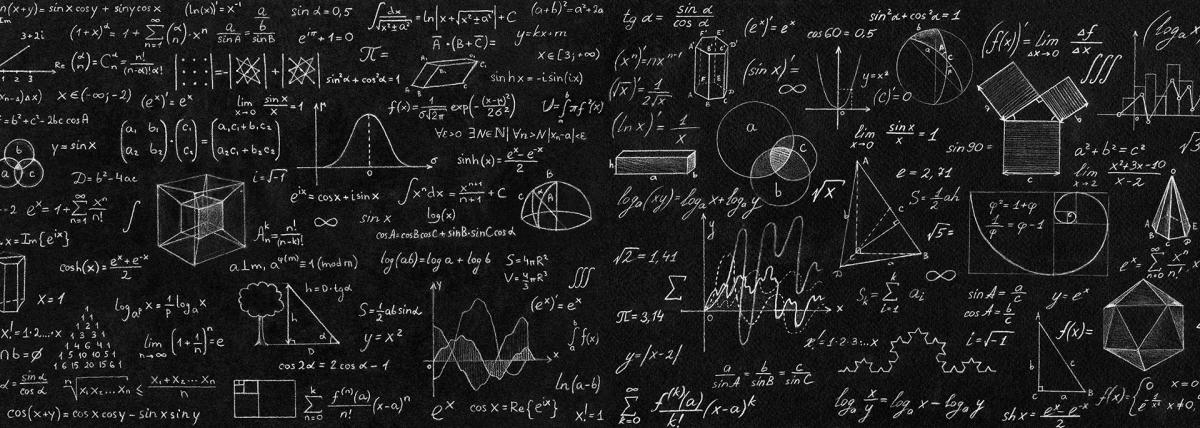
Grades:
6th Grade, 7th Grade, 8th Grade
In this lesson, students will show how heat transfers into an egg during the hard-boiling process, and additionally, different methods of how heat can transfer out of an egg during the cooling process
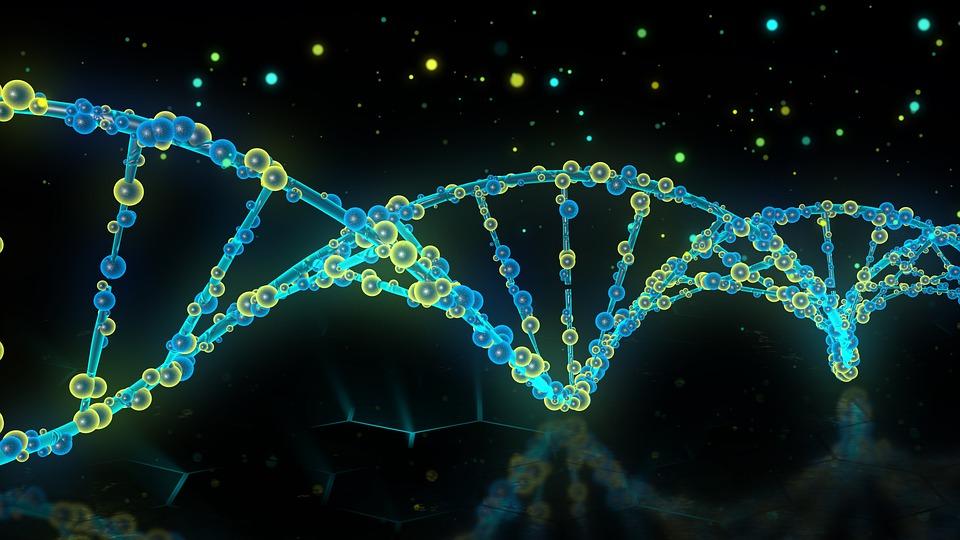
Grades:
5th Grade
Students are actively engaged in this creative lesson where they use their genetics knowledge to construct a game for others to play! They will use a Punnett Square and other genetic terminology as

Grades:
7th Grade
In this interactive lesson, students take three days to create a maze using Gravitrax kits and pieces. Students then use their maze to create a model and explain where they see Newton's Laws of Motion

Grades:
4th Grade, 5th Grade, 6th Grade, 7th Grade, 8th Grade
Students become engineers and create a modified adaptive device after disassembling and assembling eyewear and creating a new adaptive device in this engaging lesson. This real-world problem-solving

Grades:
4th Grade
In this creative and engaging lesson, students use Google Slides to create a stop motion animation from a personal narrative that they have written. All instructions and resources are included! It

Grades:
7th Grade, 8th Grade
Students in this lesson will set up an investigation to see if a salt lamp affects plant growth. They will use what they know about photosynthesis and cellular respiration to make sure the plants have

Grades:
Kindergarten, 1st Grade
In this fun lesson, students will develop a simple sketch and a physical model of a float to illustrate how the shape of an object helps it function as needed to solve a given problem. They will then
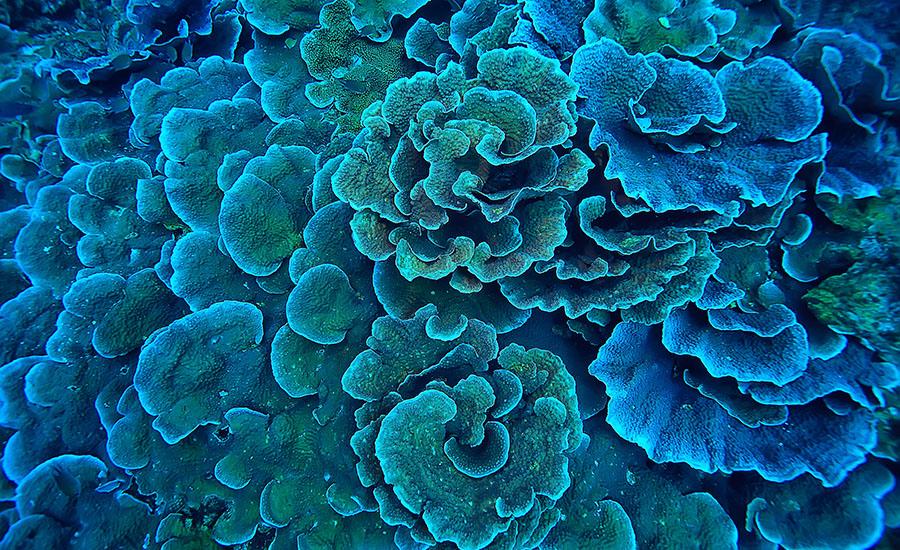
Grades:
5th Grade
This engaging lesson places an emphasis on how oil adversely affects the environment and animal habitats. Students complete a hands-on activity to replicate an oil spill and then develop a

Grades:
8th Grade
Students will measure the height, diameter, and circumference of a tree in this engaging lesson. They will then determine a tree’s age by counting growth rings. Students will determine how rainfall

Grades:
7th Grade
The lesson gives an introduction to ASCII as part of a set of lessons that introduces computer science. Students learn what a computer can understand and create a bracelet in this introduction to

Grades:
6th Grade
Students will use a Scratch template to make a model of the seasons, one from a view above the ecliptic, one to the side of the ecliptic and then a distance-time graph. Students will be using their

Grades:
5th Grade, 6th Grade, 7th Grade, 8th Grade
Students learn how to identify the 3 axes an aircraft uses while in flight in this lesson. They learn key vocabulary and construct a model airplane to develop further understanding of flight!

Grades:
6th Grade, 7th Grade, 8th Grade
In this lesson, students will investigate the properties of a mixture, as if it were a contaminated soil sample near a stream. This activity will show students that heterogeneous mixtures can be

Grades:
3rd Grade
In this lesson, students will design a game to practice multiplication and division facts through 100. They will only be allowed to use the following materials: popsicle sticks, small stones, sidewalk

Grades:
Kindergarten
In this engaging lesson, students will participate in an engineering challenge or STEM activity that connects to a read aloud. Students will communicate solutions that will reduce the impact of humans

Grades:
4th Grade
The students will work in groups to create a model of a roof that is able to survive a hurricane-like wind. Students learn about disaster preparedness, use the engineering design process to guide the

Grades:
6th Grade
In this 1st lesson in a series of 3, students learn about the Great Pacific Garbage Patch. They create a model and write and defend a claim about humanity's ability to mitigate the problem. This
